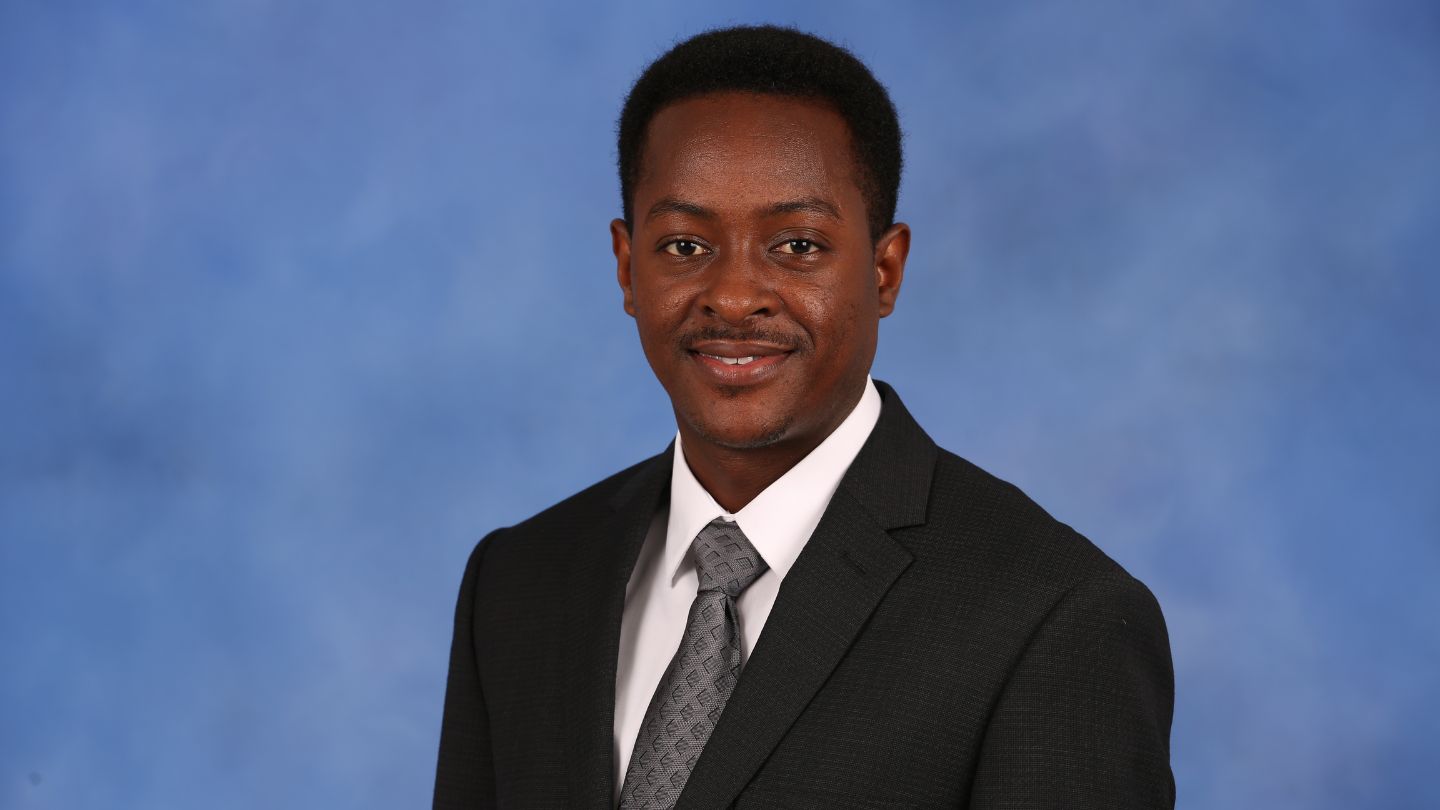
Dr. Abdullahi Salman is researching the resilience of coastal ecosystems to natural hazards and climate change.
University of Alabama in Huntsville (UAH) coastal resiliency researcher Dr. Abdullahi Salman has been named to the 2022 cohort of Early-Career Research Fellows in the Environmental Protection and Stewardship track by the Gulf Research Program (GRP) of the National Academies of Sciences, Engineering, and Medicine.
The fellowship includes a $76,000 award for Dr. Salman, an assistant professor of civil engineering at UAH, a part of the University of Alabama System.
He is one of seven fellows selected to spend the next two years advancing scientific knowledge and its applications to predict and prepare for ecosystem changes in the Gulf of Mexico and its coastal zones as the region navigates a changing climate and energy transition.
“I was delighted to receive support for my work on protecting coastal ecosystems,” Dr. Salman says.
“Conducting research that will help to protect the ecosystems in the Gulf of Mexico has been one of my goals since I joined UAH. The GRP fellowship will go a long way in helping me to advance the research and contribute to preserving and protecting our precious ecosystems.”
Mentoring support is provided to fellows to support them with independence, flexibility and a built-in network as they take risks on untested research ideas and pursue unique collaborations. In the application process, Dr. Salman chose Dr. Judith Schneider, a UAH professor of mechanical and aerospace engineering, as his mentor.
“I selected Dr. Schneider because of our existing fruitful research collaborations,” Dr. Salman says. “I am grateful that Dr. Schneider has agreed to serve as my mentor, and I look forward to learning from her.”
“The fellowship will facilitate my research on the resilience of coastal ecosystems to natural hazards and a changing climate,” Dr. Salman says. “Coastal ecosystems – including estuaries, barrier islands and coastal rivers – face increasing risk from hurricanes and climate change-related stressors.”
Extreme winds from hurricanes can damage ecosystems through the influx of organic material, he says, and hurricane-induced storm surges can lead to scour of estuarine habitats and inundate terrestrial and freshwater habitats with saltwater. Similarly, Dr. Salman says that extreme precipitation due to hurricanes can cause scouring in riverine ecosystems, and these impacts are projected to worsen due to climate change. “The GRP fellowship will enable me to investigate the impact of increasing hurricane activity and sea level rise on the ecosystems of the Gulf of Mexico,” he says.
“Two questions will drive the research: How do we predict changes to ecosystems due to increasing hurricane activities because of climate change? How do we make decisions on protecting the ecosystems considering the deep uncertainty involved in modeling climate-change-related hurricane hazard changes?”
He plans to leverage the extensive research documenting the impact of hurricanes on ecosystems in the Gulf of Mexico to develop methods to understand and predict the responses of ecosystems using meta-analysis.
“The outcome will help us to identify the factors that impact the response of ecosystems to increasing hurricane activity, improve our understanding of responses to different levels of hurricane-induced stressors and provide predictive models for quantifying impacts, which will inform resilience improvement decisions,” Dr. Salman says.
The work also involves developing models for ecosystem protection decisions. Environmental protection decisions considering climate change are challenging because of the presence of deep uncertainties that cannot be quantified or eliminated.
“Such uncertainties are ripe in climate-change-related decisions,” Dr. Salman says. “Hence, traditional decision models will not be appropriate.”
In September, Dr. Salman received a five-year, $505,000 National Science Foundation (NSF) CAREER grant to research improving overall hurricane and severe weather resilience of coastal communities. He is also the faculty adviser of the UAH chapter of Engineers Without Borders and is involved in planning the chapter’s clean water-related projects overseas.
Contact
Dr. Abdullahi Salman
256-824-7361
abdullahi.salman@uah.edu
Jim Steele
256-824-2772
jim.steele@uah.edu
